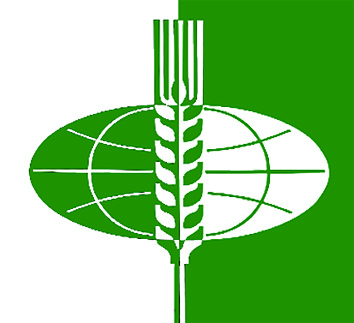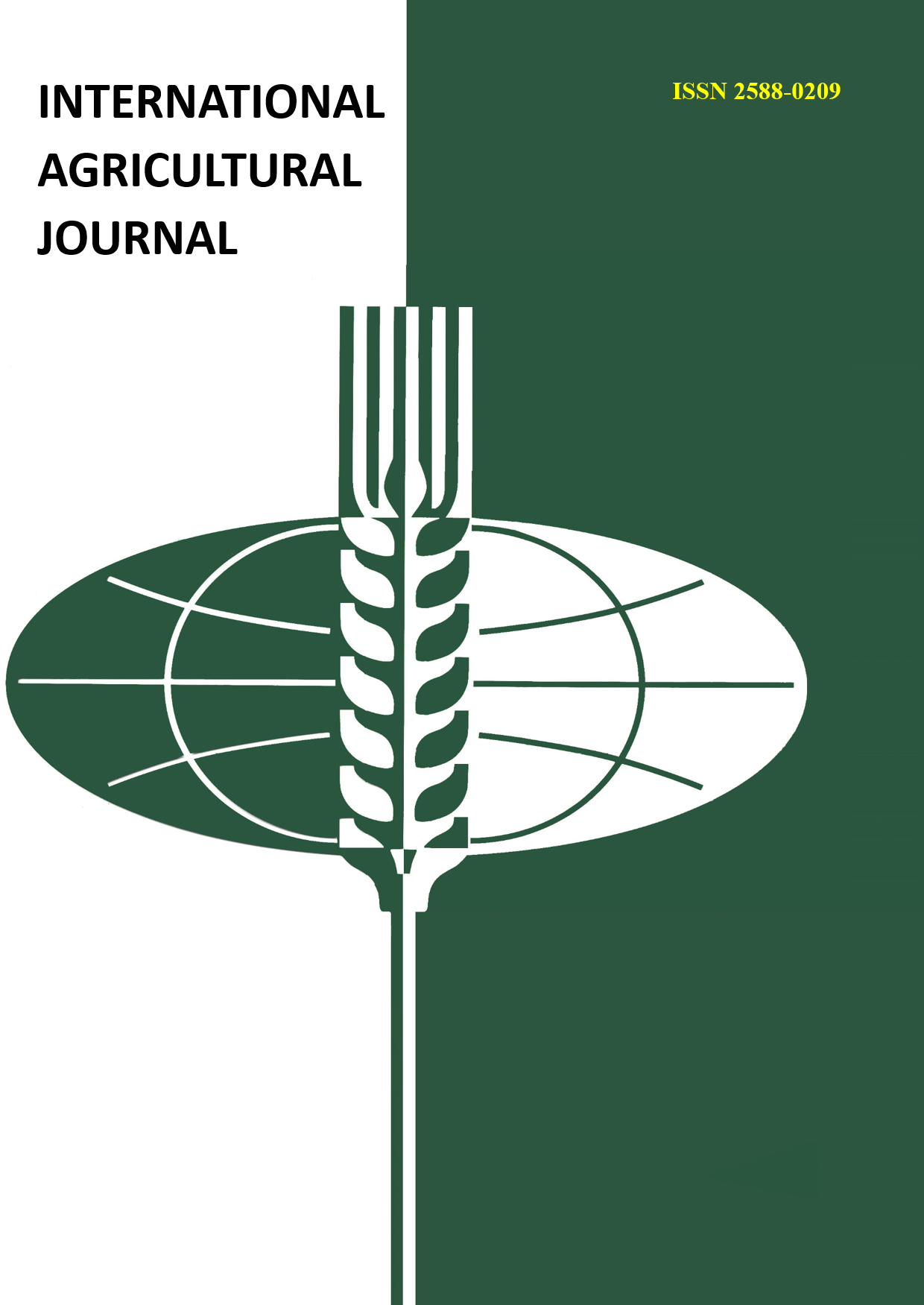The article deals with the problems of low-carbon transformation of agri-food systems under climate change. The application of digital technologies and modeling tools for the design of efficient and sustainable agri-food systems with a low carbon footprint is being explored. In most foreign models, the external environment is represented by hydrothermal parameters obtained as a result of predictive scenario calculations using general atmospheric circulation models. Climate scenarios correspond to scenario assumptions about the dynamics of socio-economic parameters of future world development, such as the size and income of the population, consumer behavior and food preferences, energy prices and the level of use of alternative energy sources (developed by the IPCC). It is shown that the scientific community offers a variety of ways to solve this problem, but the need to find a compromise between the carbon footprint of production and the economic and social efficiency and sustainability of the designed system remains unchanged. In VIAPI them. A.A. Nikonov developed a set of interrelated models, information systems, databases aimed at solving the problem of optimal planning of activities for the purpose of low-carbon transformation of the agro-food system of the region. The developed complex takes into account the nature of the dependences of crop yields on the agro-climatic potential, the relationships imposed on the reproduction of soil humus, crop rotation restrictions, the number and structure of the herd by types of farm animals, as well as food preferences, the number and income of the population. The resulting regional food balance sheets make it possible to draw conclusions about the risks of food security violations as a result of the implementation of low-carbon transformation strategies and adjust the production structure of regional agro-food systems in order to reduce these risks.
agroprodovol'stvennye sistemy, zemlepol'zovanie, nizko uglerodnaya transformaciya, modelirovanie, informacionnye sistemy, baza dannyh, effektivnost' i ustoychivost'














